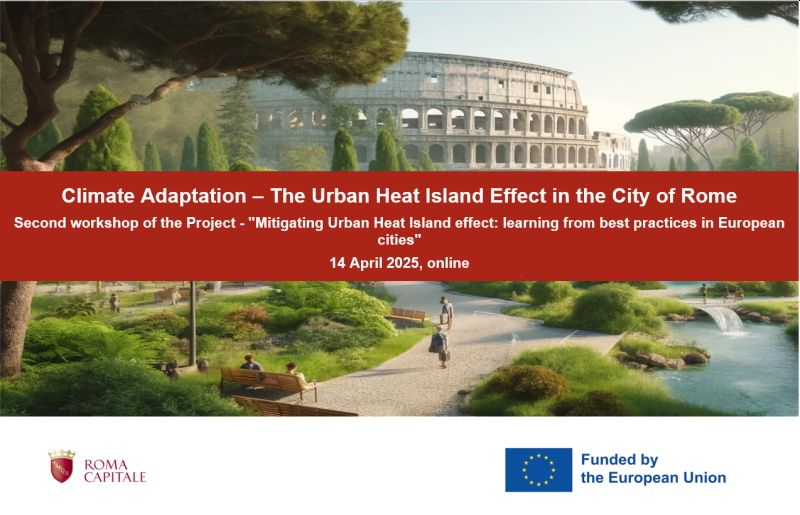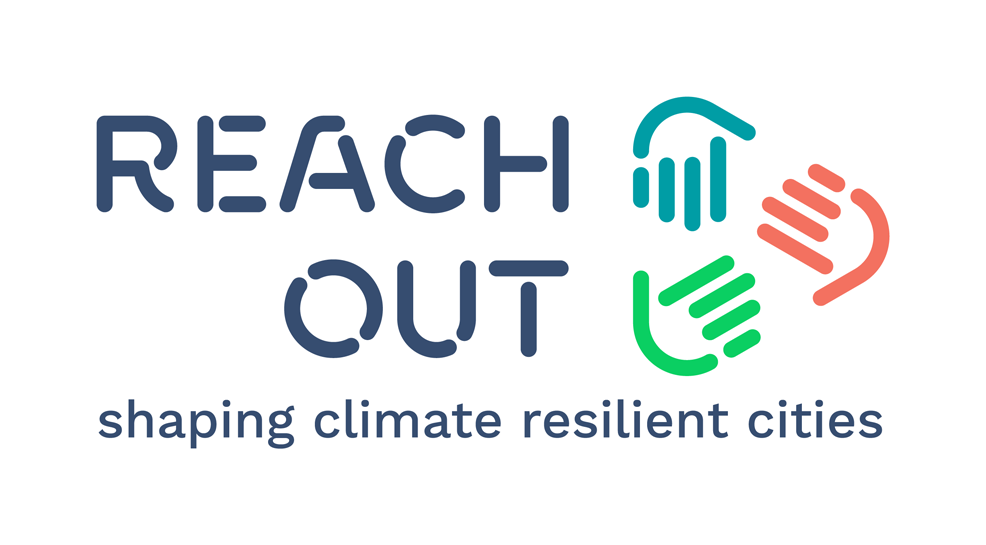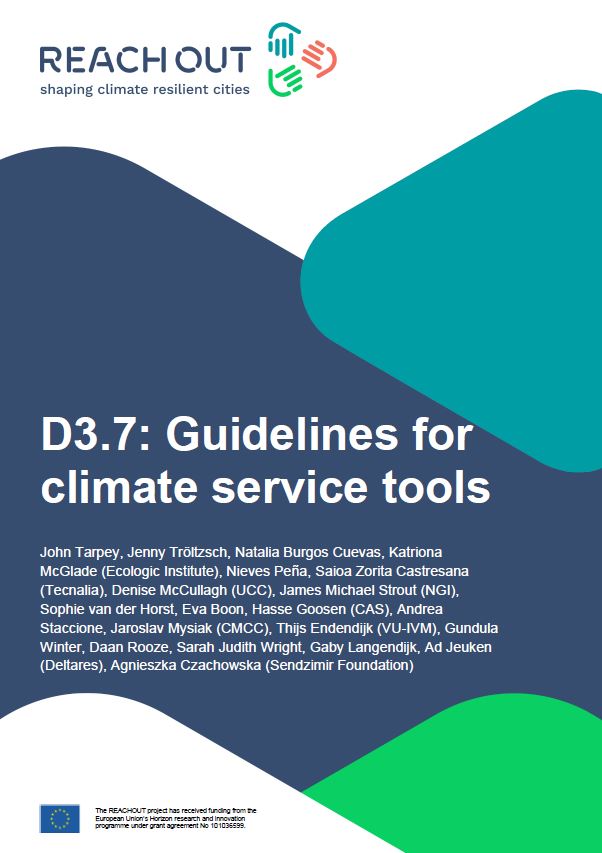
© PwC EU Services, 2025
Mitigating the Urban Heat Island Effect
Learning from Best Practices in European Cities
- Event
- Date
-
- Location
- Online, Italy
- Speaker
-
Natalia Burgos Cuevas
On 14 April 2025, 80 municipal representatives, researchers and urban planning experts came together to explore practical approaches to mitigating the Urban Heat Island (UHI) effect. The workshop featured case studies from Athens, Milan, and Vienna, highlighting local adaptation strategies, analytical tools, and implementation mechanisms that support urban resilience.
Case studies: Athens, Milan, Vienna
Athens presented an engagement-focused approach built around youth participation and innovative communication tools. Through the ARSINOE and REACHOUT projects, the city piloted "living labs", virtual reality tools, a public climate board, and a Youth Climate Assembly. These low-cost, participatory formats helped strengthen climate resilience and build ownership, even under resource constraints. The role of a Chief Heat Officer proved instrumental in enhancing coordination across departments.
Milan showcased a structured, data-driven strategy integrating UHI mitigation into its air and climate plan. One flagship measure is the School Oasis initiative, which transforms school courtyards into green, multifunctional spaces. Milan employs heat risk maps to identify intervention areas and relies on open-access data in cooperation with regional and local authorities to guide planning and monitoring.
Vienna shared its regulatory-based approach, supported by technical analyses and microclimate simulations. The city has implemented a UHI strategy since 2015, along with a climate guide, a climate law, and revised building regulations mandating roof greening, façade planting, and rainwater management. Dedicated public funding and advisory services for greening – particularly in social housing – further reinforce its long-term adaptation strategy.
Discussion: Coordination, impact, and social equity
A key takeaway was the importance of institutional structures – such as dedicated coordination roles and departments – for embedding and implementing adaptation measures. Participants stressed that systemic impact requires continuous monitoring and the use of analytical tools to guide interventions and assess effectiveness.
Equity was also central to the discussion. Vienna ensures that transformed green spaces remain non-commercial and publicly accessible. Milan uses heat risk assessments and stakeholder engagement to target support to vulnerable neighbourhoods. Athens applies a social vulnerability index to prioritise areas for cooling interventions and focuses on communication to ensure inclusiveness.
Panel inputs from additional cities
Representatives from Bilbao, Granollers, Rome, and the research institute TECNALIA contributed further insights:
- Bilbao emphasized the role of climate risk assessments and the challenges of framing urban climate narratives.
- Granollers presented work on microclimate assessments and sensor networks for evaluating implemented measures.
- TECNALIA highlighted the importance of aligning tools with decision-making and investing in the analysis of planned interventions.
- Rome discussed how city-scale and neighbourhood-scale tools like heat maps support the identification of priority areas.
Panelists pointed to cross-cutting challenges such as siloed governance structures, data accessibility, and the selection of suitable tools. The discussion also underlined the need for green indicators to guide sustainable public procurement.
Conclusion: The workshop demonstrated that urban heat mitigation strategies must be tailored to local contexts. Shared learning, cross-sector coordination, social justice considerations, and evidence-based planning are key to building more resilient and livable cities.
Learning from Leading European Cities
The event was part of the project "Climate Adaptation – The Urban Heat Island effect in the city of Rome", funded through the European Commission's Technical Support Instrument – SG #REFORM. It was part of efforts to gather best practices and lessons learned to support the development of the Urban Heat Action Plan for the City of Rome.





